Writing a CV seems simple, but it turns out that a few small mistakes can cost you your job. Tracey Beveridge, HR Director at Personnel Checks, one of the UK's leading background check service companies, points out the most common mistakes that candidates often make, especially a "taboo" phrase that should not appear on your CV if you are really serious about your dream job.
According to Tracey Beveridge, CV is the first door that opens the career journey you are pursuing. However, the reality is that many people are eliminated in the first round, even before the recruiter has read the introduction.
The simple but very common reasons are that the CV is off-topic, lacks strategy and sometimes... uses the wrong words.
Tracey says that resumes typically have to pass through three “gates” before reaching the hands of the hiring manager, including the applicant tracking system (ATS), the HR department, and the recruiter. Each layer has its own evaluation criteria, and just one small mistake is enough to make your resume fall into oblivion.
Some common mistakes when making a job application CV can cause you to fail in the first round.
The first mistake many people make is using clichés. Generic phrases like “hardworking team player”, “good communicator” or “able to work under pressure” should not appear on a CV, especially at the beginning, Tracey asserts.
“I know this sounds counterintuitive, but the truth is employers don’t care what you want or who you think you are. They care about whether you can do the job,” she stressed.
Instead of listing traits that could apply to anyone, Tracey recommends replacing them with specific and actionable information, for example: “Award-winning marketing professional in the FMCG (fast-moving consumer goods) sector in Southeast Asia” or “ACCA (Association of Chartered Certified Accountants) with 5 years of experience in corporate finance”.
The second mistake is not optimizing keywords according to the job description. What many candidates forget is that most large companies today use ATS software to screen CVs. This system will scan the resume and look for keywords that match the job description.
“If your CV doesn’t contain the right keywords, you’ll almost certainly be eliminated in the first round without anyone even opening the file,” Tracey asserts. Before sending your CV, read the job description carefully, identify the key skills and requirements, then refine your CV to ensure they appear in key places, especially the introduction, experience and skills sections.
It is important to tailor your CV to the job you are applying for so that you can include the right keywords and phrases.
The third mistake is writing your CV as if you are telling your life story. A CV is not the place to detail every stage of your life. Tracey says an effective CV should be straight to the point, highlighting key points such as professional skills, outstanding experience, relevant certifications and measurable achievements.
“Recruiters don’t have time to read 4-5 pages of CVs full of irrelevant information. Ideally, keep your CV to 1-2 pages, clearly presented, and easy to read on both desktop and mobile devices,” Tracey notes.
Another mistake is that many people try to "show off" by adding unnecessary elements such as date of birth, marital status, personal interests... This not only does not help but sometimes makes the CV diluted and unfocused.
Instead, Tracey advises keeping only the essentials, such as your name, contact details, qualifications, skills, certifications, and notable achievements. “Don’t forget to include your contact details at the top of every page of your CV. You’d be surprised how many people forget this seemingly small detail,” she emphasizes.
According to Tracey, a smart candidate is someone who knows how to “sell themselves properly” without being too flashy. A CV is not only a career summary but also a personal marketing document, helping employers easily visualize which position you are suitable for.
“Connect your experience and achievements to what the job is asking for, make the employer feel like you are the right piece they are looking for, that will determine whether you get called for an interview or not,” Tracey concludes.
Source: VTC News
View original linkSource: https://baotayninh.vn/cum-tu-toi-ky-khi-viet-cv-xin-viec-neu-ban-dung-se-rat-de-bi-loai-a191497.html

















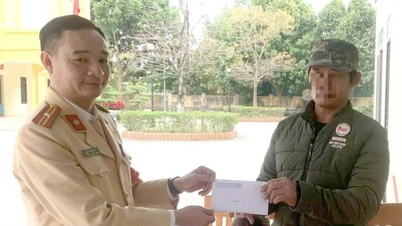






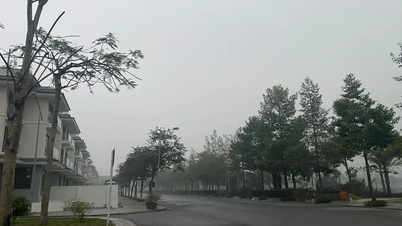


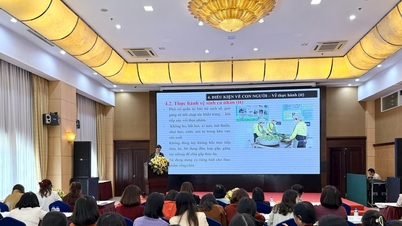






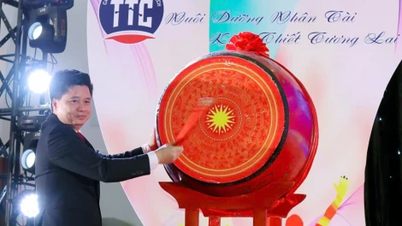






























































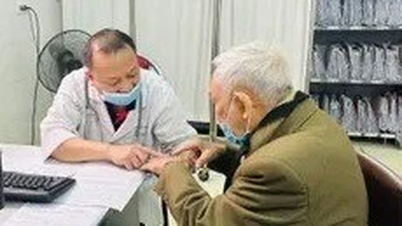


![Dong Nai OCOP transition: [Part 2] Opening new distribution channel](https://vphoto.vietnam.vn/thumb/402x226/vietnam/resource/IMAGE/2025/11/09/1762655780766_4613-anh-1_20240803100041-nongnghiep-154608.jpeg)













Comment (0)